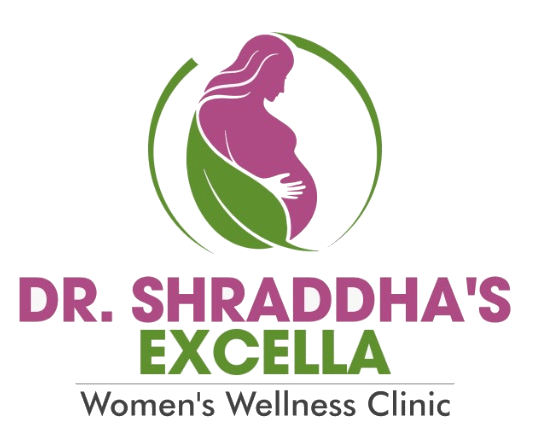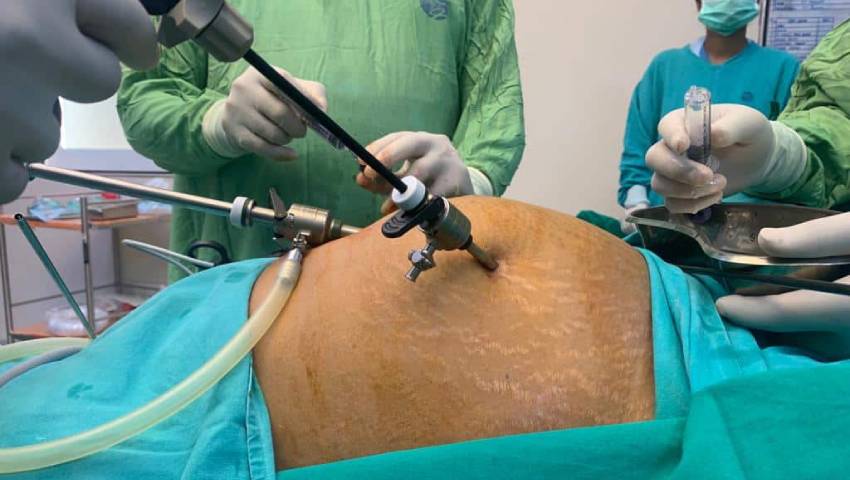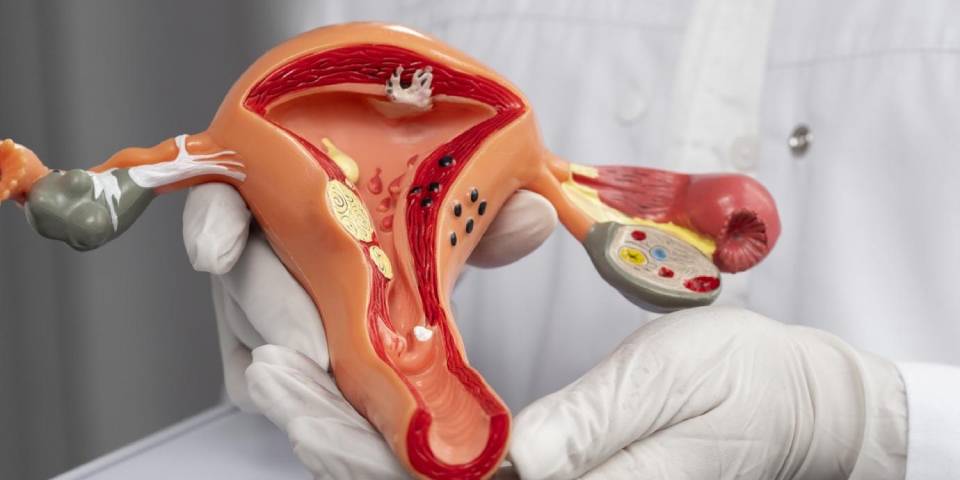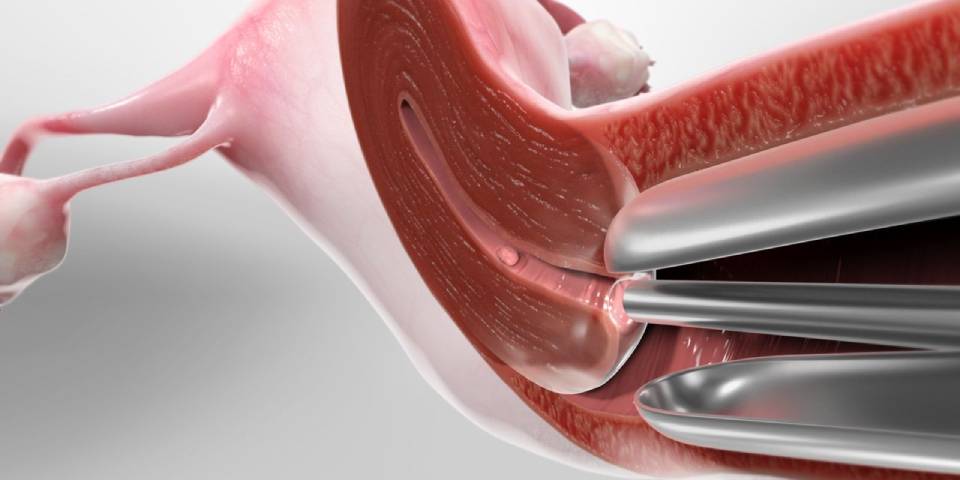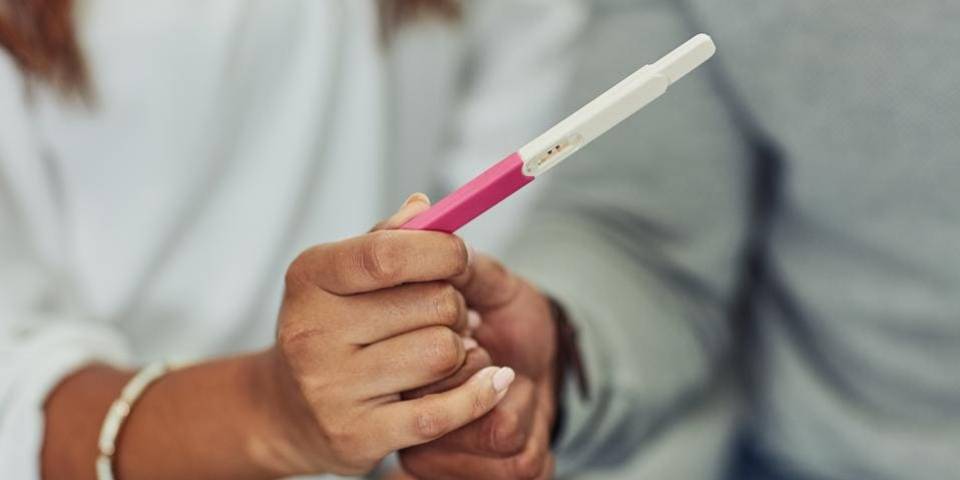Fibroids are non-cancerous growths that develop in or on the uterus. While many women may have them without any symptoms, some experience discomfort or complications that require medical intervention. Fibroid surgery can be a significant step toward regaining health and comfort. This blog post explores when fibroid surgery is necessary, the benefits of choosing Dr. Shraddha Galgali, the best gynecologist in Punawale, and how her expertise can help women in Punawale, Wakad, Baner, and PCMC guide this important decision.
Understanding Fibroids:
Fibroids can vary in size and number. They may cause heavy menstrual bleeding, pelvic pain, or pressure on the bladder and rectum, leading to frequent urination or difficulty with bowel movements. Symptoms can significantly impact a woman’s quality of life, making it essential to consult a specialist like Dr. Shraddha Galgali.
When Is Fibroid Surgery Necessary?
Surgery for fibroids may be necessary in the following situations:
- Severe Symptoms: If fibroids cause severe pain or heavy bleeding that disrupts daily life.
- Growth of Fibroids: If the fibroids are growing rapidly or become large, leading to increased pressure and discomfort.
- Infertility Issues: If fibroids are interfering with a woman’s ability to conceive or maintain a pregnancy.
- Anemia: Heavy menstrual bleeding due to fibroids can lead to anemia, requiring surgical intervention to manage symptoms.
- Other Complications: If fibroids lead to complications such as torsion or degeneration, surgery may be required.
Types of Fibroid Surgery:
Dr. Shraddha Galgali offers various surgical options based on the individual needs of her patients:
- Myomectomy: This is the removal of fibroids while preserving the uterus, making it a suitable option for women who wish to retain their fertility.
- Hysterectomy: This procedure involves removing the uterus and is typically considered for women who no longer wish to bear children or have severe symptoms.
- Uterine Artery Embolization: A minimally invasive procedure that blocks the blood supply to the fibroids, causing them to shrink.
Why Choose Dr. Shraddha Galgali?
- Expertise: With years of experience in gynecology, Dr. Shraddha Galgali is recognized as the best fertility expert in Punawale.
- Personalized Care: She offers tailored treatment plans, ensuring that each patient receives the care that best suits her needs.
- Advanced Techniques: Dr. Galgali uses the latest minimally invasive techniques, promoting faster recovery and reduced discomfort.
- Comprehensive Support: Patients receive holistic support throughout their journey, from diagnosis to recovery.
- Community Trust: As a leading gynecologist in Punawale, Dr. Galgali has earned the trust of countless women in the region.
Fibroids can affect a woman’s health and quality of life. When symptoms become unmanageable, consulting a specialist like Dr. Shraddha Galgali is crucial. Her expertise in fibroid surgery ensures that women in Punawale, Wakad, Baner, and PCMC receive the best possible care. With a commitment to patient-centered treatment, Dr. Shraddha Galgali is dedicated to helping women regain their health and well-being.
For more information on fibroid surgery and to schedule a consultation, visit Dr. Shraddha Galgali’s clinic, Best Maternity Center in Punawale, Pune – Dr. Shraddha EXCELLA Women’s Wellness Clinic, today!
